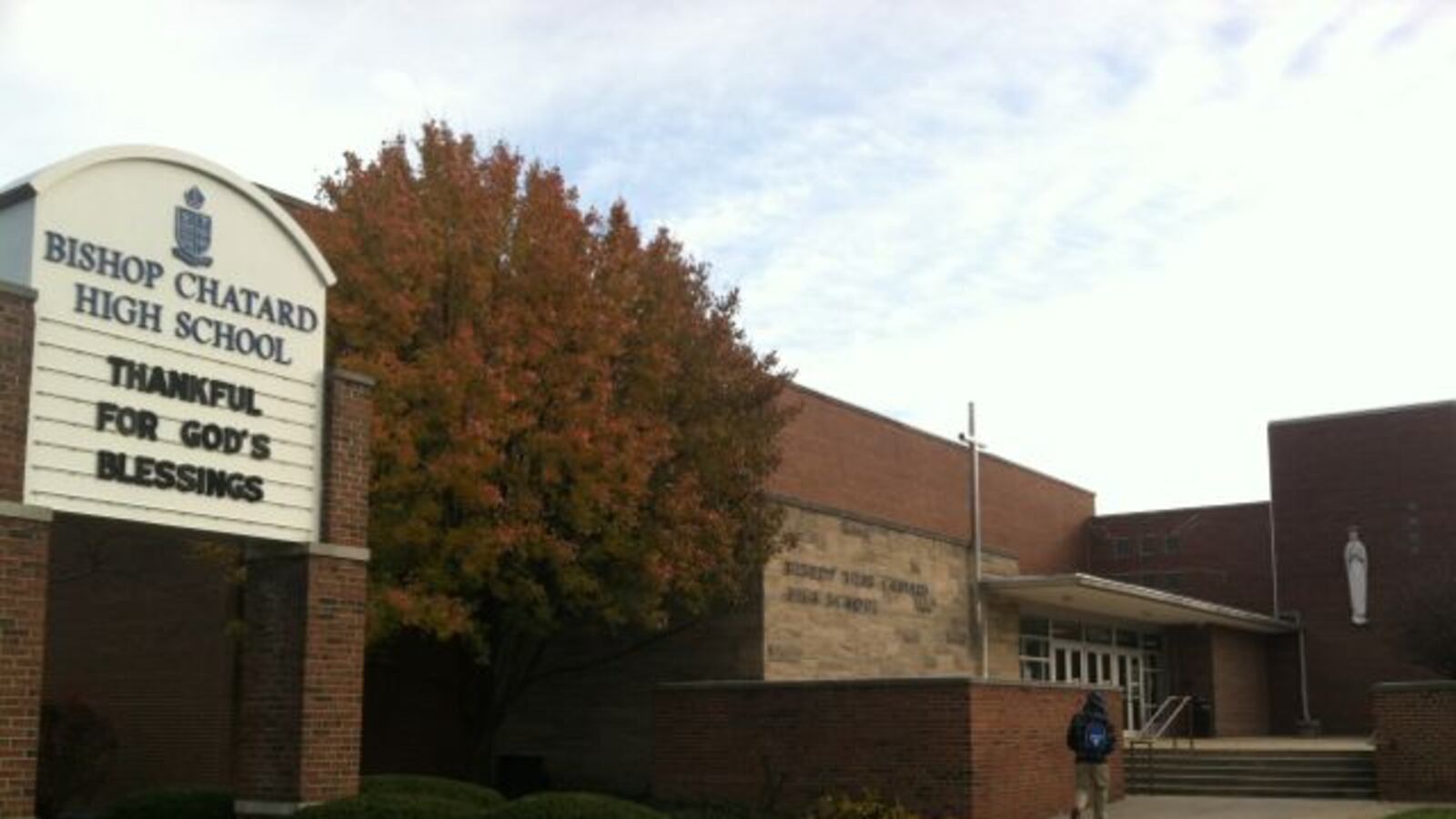Hoosiers are strongly supportive of school choice options including charter schools and publicly funded private school tuition vouchers, according to a survey from an Indianapolis-based group that is a national advocate for vouchers.
Nearly seven in 10 registered voters said in phone interviews that they favored Indiana’s voucher program, according to a poll released today by the Friedman Foundation. Even Democrats and supporters of State Superintendent Glenda Ritz favored vouchers the survey showed.
The poll is based on live phone interviews with 1,845 registered voters. Surveyers selected a random and statistically representative statewide sample of registered voters in Indiana and covered topics ranging from their perception of education in Indiana to specific voucher and charter school policies. The results for specific groups of people, such as Republicans or rural voters, are less reliable, because the number of people in each category was smaller. For example, there were just 169 people from urban communities.
Vouchers are relatively new for Indiana, which began a program to assist low- and middle-income families with tuition support about five years ago. As eligibility rules were expanded, the number of students receiving state aid to attend private schools skyrocketed, from about 4,000 when the program launched in 2011 to 29,100 students last year. A final tally is not yet available, but the Indiana Department of Education estimates that 32,955 students received vouchers this year — the highest enrollment in the nation.
The voucher program is controversial. Critics argue that it diverts funds from public to private schools, which are often religious, diminishing the overall quality of education available to children. Supporters say that it increases choices for parents, who may consider private schools higher quality.
Sixty-nine percent of people polled said that they support the state “Choice Scholarship Program,” which offers vouchers. Only 26 percent opposed it. Support was even stronger in urban areas, where 75 percent of respondents said they support the program, and suburban communities, where 70 percent of those surveyed favored vouchers.
The poll also found strongly negative perceptions of education in Indiana. Fifty-four percent of people polled said that education is on the “wrong track” and just 26 percent said that K-12 education is better off now than in 2012.
“Clearly the public is unhappy with direction our state has gone and wants to get back to common sense support for students and public schools,” said Indiana State Teachers Association President Teresa Meredith in a statement. “Students’ chances for success should not depend on winning a charter lottery or living in the right zip code.”
Voucher were initially billed as a way to help students in low-scoring, high-poverty districts. But as the guidelines have broadened, more and more students in high-scoring suburban districts are getting state subsidies to attend private school.
A family of four with a household income of $44,863 per year is eligible to receive a voucher of 90 percent of the amount the state provides per student to the local public school district. A family of four could receive 50 percent of the state aid amount if their income is below $67,294.
Support for vouchers crosses party lines, the survey showed.
Seventy-three percent of independent voters not affiliated with a major political party favored the voucher program, as did 69 percent of Republicans. The Republican Party is most strongly associated with support for school choice and especially vouchers. But the survey showed vouchers are also popular among 62 percent of registered Democrats who were surveyed. Just 34 percent of Democrats surveyed opposed vouchers.
The poll found less support for vouchers from those surveyed who said they intended to vote for Ritz, but a majority of them were still in favor of the voucher program — 55 percent supported vouchers while 43 percent opposed them.
“This report makes clear that support for educational choice comes from Hoosiers of all geographic regions, backgrounds, socioeconomic statuses, and political parties,” said Betsy Wiley, president of the pro-voucher Institute for Quality Education in a statement. “The implementation of school choice programs in Indiana was the right decision for Hoosier students and families.”
The results are based on questions that included an explanation of the state voucher program. Support tended to be lower when pollsters first asked about vouchers without explaining the program.
Hoosiers overall are also relatively supportive of charter schools, according to the poll. Fifty-five percent of those surveyed said they support charter schools and 30 percent oppose them. In the Indianapolis metro area, respondents were particularly keen on charters, with 67 percent in favor and 23 percent opposed.
As with vouchers, Republicans and independent voters were more likely to say they supported charter schools, while Democrats were less likely to favor them. Just 37 percent of those who said they expect to vote for Ritz said they supported charter schools, while 70 percent of those who lean toward a Republican candidate for state superintendent said they support charter schools.


